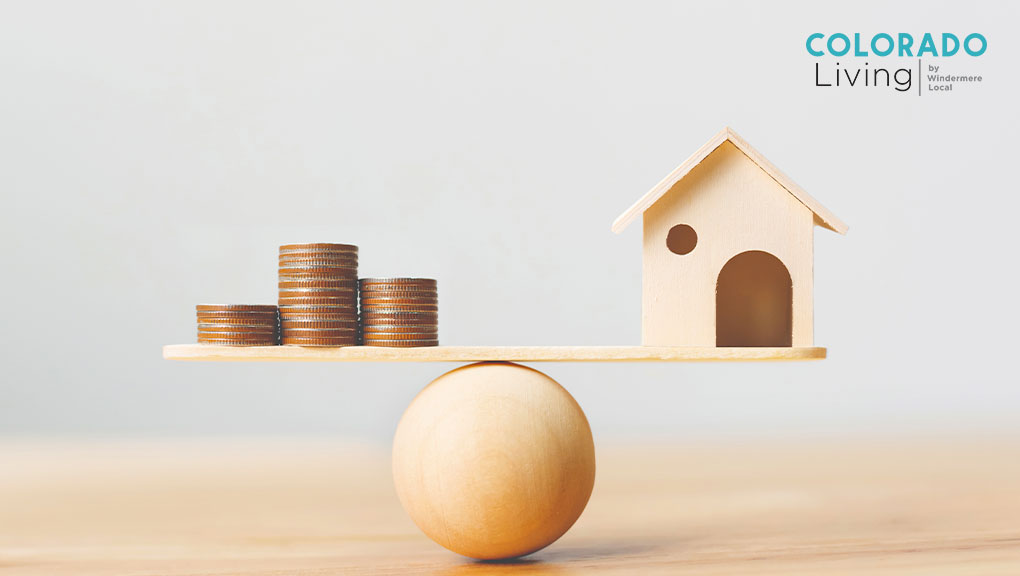Before we get into the nitty-gritty of a recession, let’s start with the definition of a recession. A recession is two consecutive quarters of negative economic growth as measured by a country’s Gross Domestic Product (GDP). So, this means that if a country’s GDP is in the negatives for two consecutive quarters then they are in a recession.
When is the Next Recession?
It’s impossible to tell with 100% certainty when the next recession will be, but economists often predict when it will be. 226 economists were surveyed to find out when they think the next recession will be. 38% of economists believe that the next recession will take place in 2020 and 34% think it will happen in 2021. The rest of the economists say it won’t happen for at least 3 years. This survey wasn’t entirely conclusive, however; the key takeaway here is that another recession will definitely happen sometime in our lifetime.
History of GDP and Recessions
Our country has had a major increase in GDP since 1950. Looking at the large scale, the great recession only looks like a tiny blip on the overall scale. However, that tiny blip was accompanied by massive implications on the economy as a whole. Our country’s last recession was in 2007 and was the most intense recession in recent history. It lasted a little over 80 months. Most recessions are done within 24 months. A recession is over when the number of jobs that you were at before the recession started has been reached again.
Misconceptions of Recessions
A common misconception of the housing market is that when our economy is in a recession, the real estate market crashes. This is not true. The stock market crashes but the real estate market will never crash or correct. The real estate market just flows up and down. So, if you are waiting for the housing market to crash, you will be waiting forever.
 Facebook
Facebook
 X
X
 Pinterest
Pinterest
 Copy Link
Copy Link

